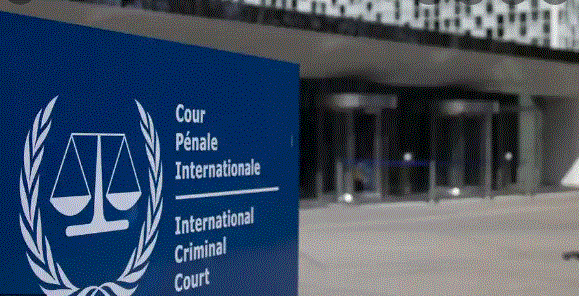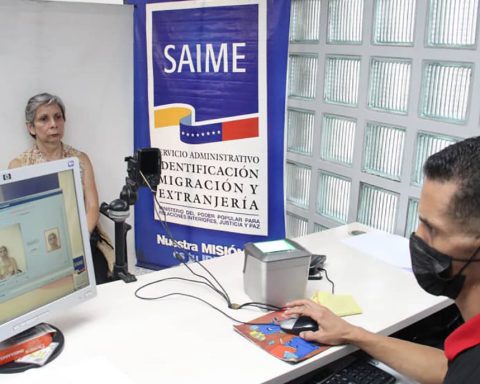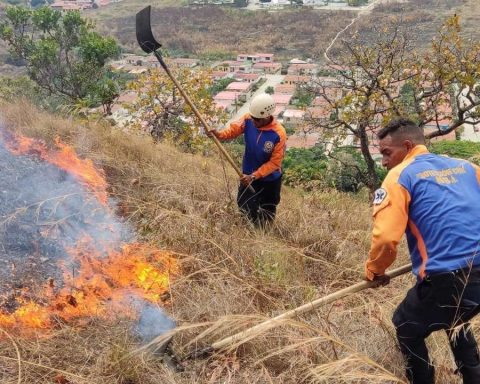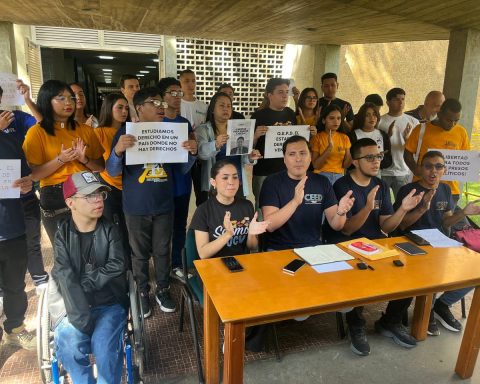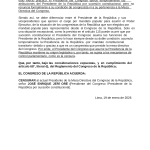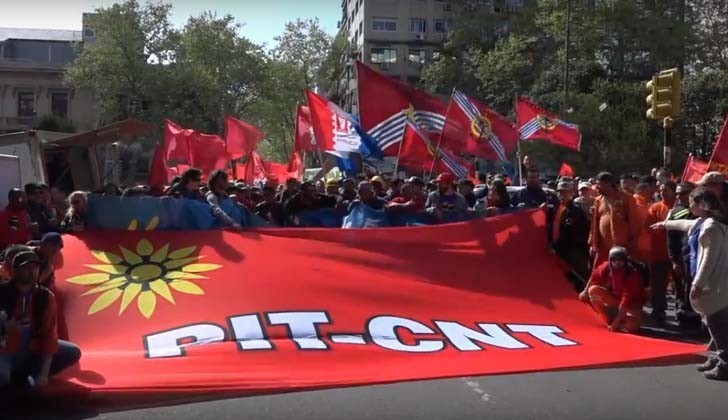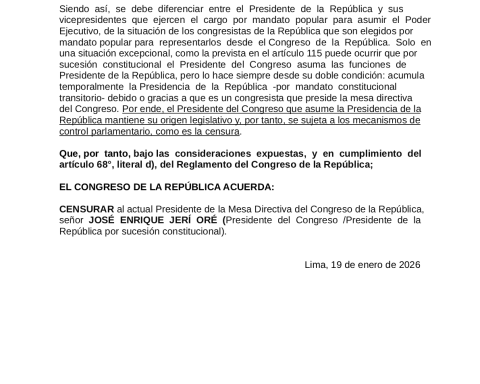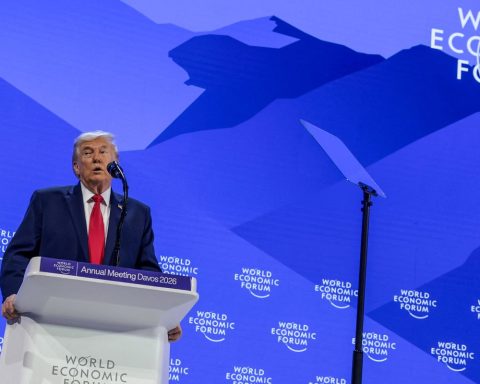The Documentation Network for Crimes Against Humanity (Red-CLH) reported this Wednesday, April 20, that it had sent 36 new cases to the Prosecutor’s Office of the International Criminal Court (ICC).
50 cases referred to the ICC
“This brings to 50 the number of files of victims of serious human rights violations in Venezuela, which reach the threshold of crimes against humanity, which have been sent by this initiative to the international court,” the organization said.
The Red-CLH is made up of the Observatory of Crimes Against Humanity, Defend Venezuela and A World Without a Gag. It has a team of experts dedicated to identifying and interviewing the victims, analyzing the cases and preparing the minutes that collect the information and document the crimes.
In February, the network reported that 14 cases were already pending in the ICC Prosecutor’s Office and that they planned to refer another 33 cases. Ultimately, however, three more cases were submitted than planned.
“To build the cases, primary sources were used directly. These testimonies were collected after a campaign developed in the countries where there is a greater presence of Venezuelan migrants. This was publicized in the local media, as well as on social networks where the victims were invited to contact the Red-CLH to document their cases”, the organization explained.
And he clarified that this methodology is due to the fact that many of the victims were forced to emigrate.
“A process was also carried out to identify victims who were contacted directly to obtain their testimony,” he added.
victims
According to Red-CLH, the people interviewed stated that they were victims of suffocation with tear gas; submission to stress positions; blows to various parts of the body; psychological abuse; extremely poor detention conditions; food and water deprivation; solitary confinement; threats to their relatives; attacks against their properties and persecution, among other methods of torture.
“In these cases, there was absolute inaction on the part of the Venezuelan State, since the acts against the victims have not been investigated despite being directly known by officials of the Ombudsman, prosecutors of the Public Ministry, judges, police, among others, to which the victims went to report what happened without receiving a response. In most cases, what they said was not even recorded in the minutes”, he pointed out.
And he stressed that the testimonies show patterns that coincide with those indicated by the Panel of Independent International Experts of the Organization of American States (OAS) in its 2018 report, as well as by the Independent International Mission to Determine the Facts about Venezuela, created by the UN Human Rights Council.
“In the report of this second referral, some cases of witnesses are included so that they are known by the ICC Prosecutor’s Office, as they serve to exemplify the lack of investigation and punishment of those most responsible for crimes against humanity committed in Venezuela,” he added.

